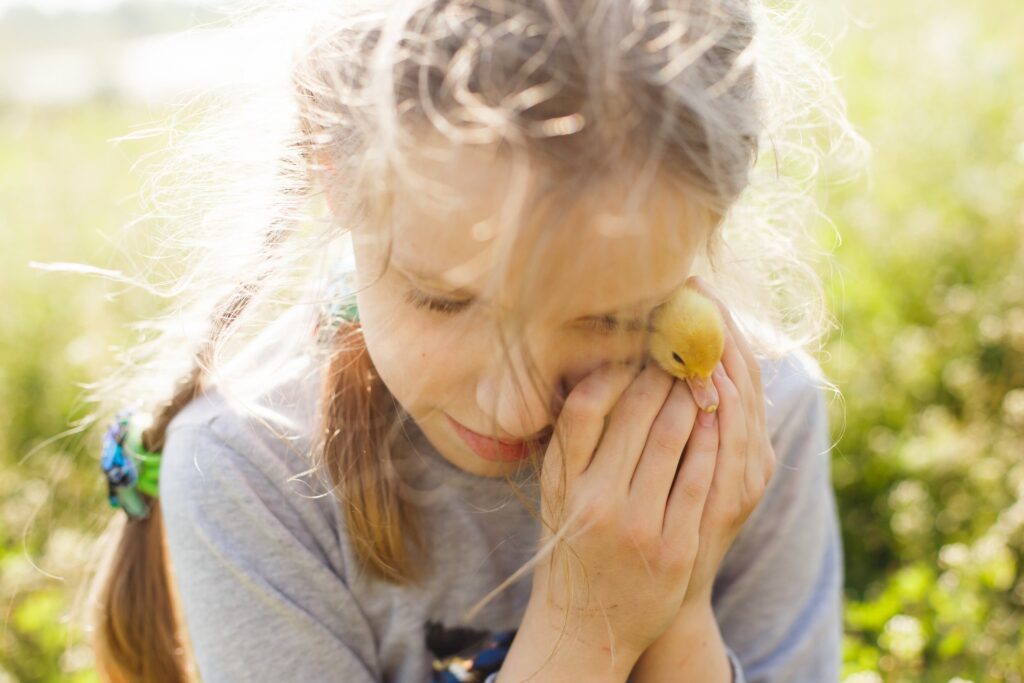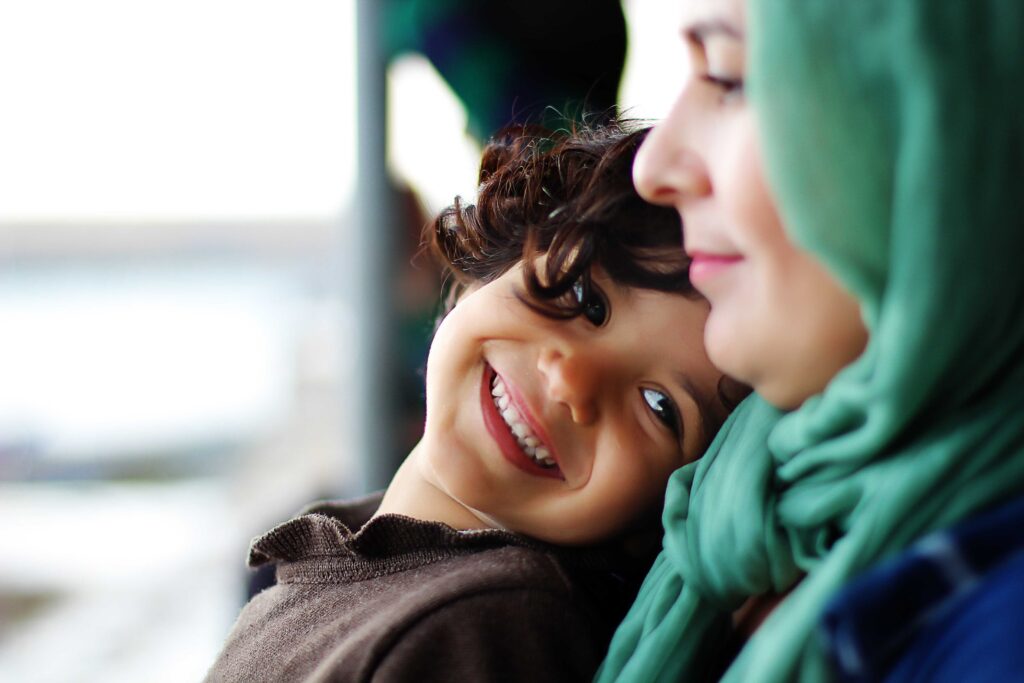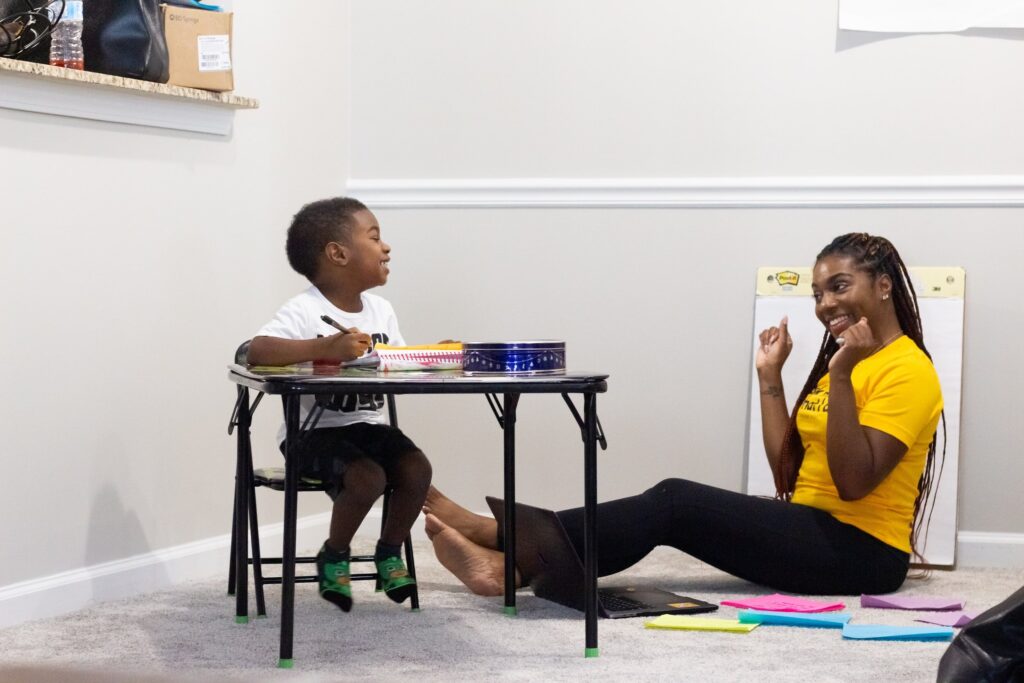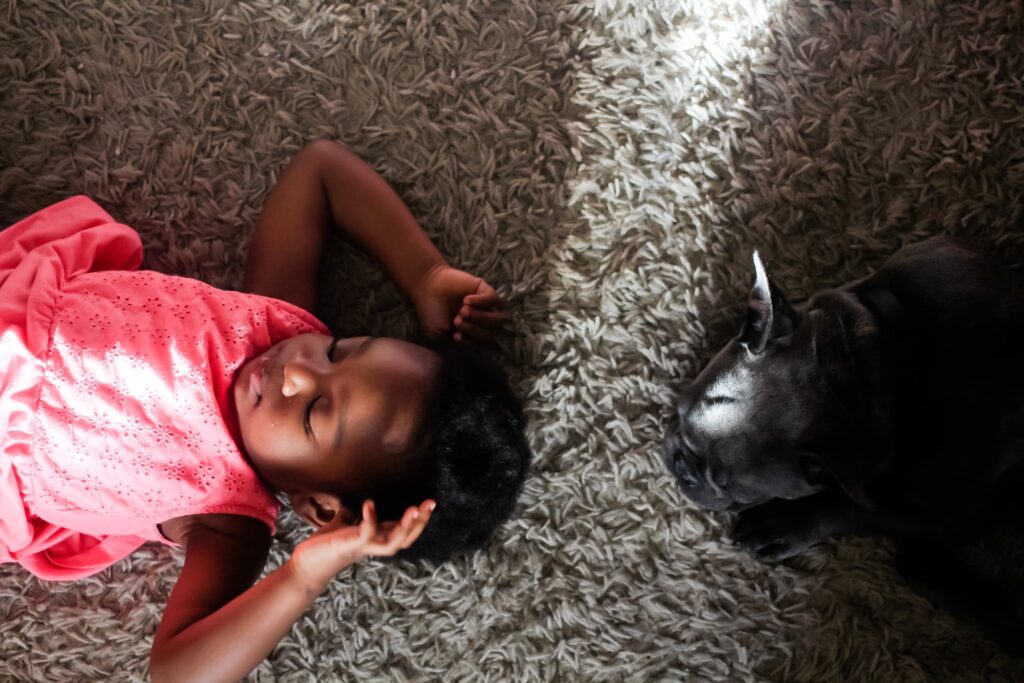Understanding Attachment Helps Teachers Build Resilience in Young People

Resilience can be one of those buzz words in education. It is easy to talk about but trying to help vulnerable young people become more resilient can be more difficult than we imagine.
The Gentle Challenge

For the first two years of primary school, one little girl I know would not talk to her teachers. Even when close friends of the family greeted her, she looked down and said nothing. Although she couldn’t explain what was wrong, her dad sensed her overwhelming anxiety.
Me-Food-Now

This month sees what we hope will be first of international contributions to our news bulletins. Robert Spottswood is the author of the ‘The Bean Seed’ and of ‘The Refrigerator List’ (on our website), also a DDP Therapist, Consultant Trainer. Robert lives in Vermont in USA and has been a friend and supporter of SAIA for many years.
Family Isn’t Always Blood

A young woman recently sent us this poem about growing up in a children’s house. She is passionate about telling others about her experience. I think the poem also expresses that kind of second chance that young people get when they find someone who loves them.
Attachment Difficulties – What do I do?

These suggestions are not intended to be a substitute for a more thorough process of assessing a young person’s needs and level of additional support.
Emotionally Protecting Children Allows Them to Express Who They Really Are

Children who have been maltreated often find it hard to express who they really are without making themselves more vulnerable. School is a place where they are particularly at risk, but it is also a place where the curriculum may give them opportunities to understand their inner lives and experience the interest and concern of others.
Is it Really a Problem of Self-esteem?

Is it really a problem of self-esteem? Looking inside may not be the answer to how children can flourish “A sign of health is the ability to enter imaginatively and accurately into the thoughts and feelings and hopes and fears of another person; also to allow the other person to do the same” Donald Winnicott […]
Oh No! Not the Thinking Chair

Why do some children find it more difficult to learn from being sanctioned for their behaviour? Do some children think differently? Is it something as fundamental as not being able to see the link between an action and its consequences
Key Adults, Inclusion, and School Trips

Young people who struggle with the effects of insecure attachments, past neglect and abuse tend to be excluded because this seems an easier option than wrestling with the question of what kind of support is needed in order to make something like a school trip work.
Matching Affect and Why Dog’s are a Man’s Best Friend

When we talk about putting theory into practice, there is a risk that we think of support as something we do to children. Using our knowledge of how children develop secure attachments can help us learn how to attune to them.